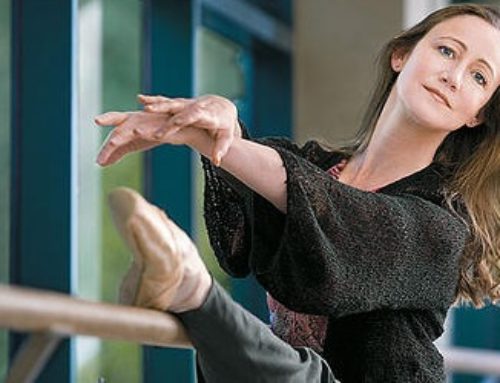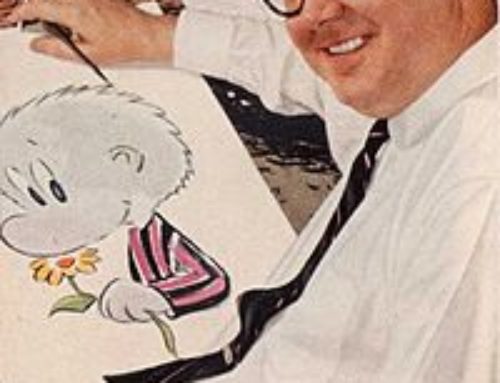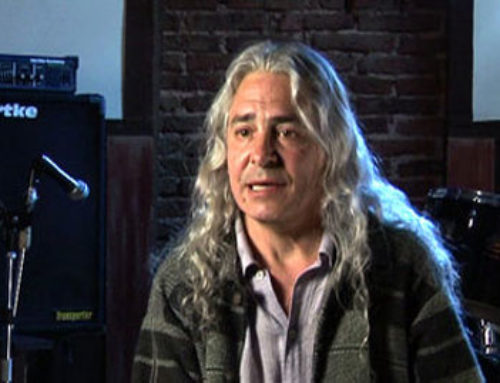Project Description
Shirley Horn was considered one of the great jazz singers of the nineteen fifties and sixties. She was often compared to the famous singers Ella Fitzgerald, Dinah Washington and Sarah Vaughan. She performed for more than fifty years. Shirley Horn’s voice was smooth and expressive, but never hurried. She was one of the slowest singers in jazz. When she sang a song, she wanted the audience to feel it in the same way she did. She had a small voice. But her songs had a big effect. Here, Shirley Horn sings her popular song “You’re My Thrill.” Shirley Horn was born in Washington, D.C. in nineteen thirty-four. She lived all her life in and around Washington. Shirley began taking piano lessons when she was four years old. Her mother recognized her skill and love for the instrument.
By age 20, Horn had created her first jazz piano trio, which garnered her local renown and put her on the path toward national fame. By 1960, the dying ember of New York, which was suffocated to the point of extinction with the failed dream of attending Julliard, received a new spark as Horn was asked back to New York to record her first album, “Embers and Ashes.” Despite limited distribution, the album had great success in jazz circles and won her the recognition of many jazz celebrities and bigwigs, such as Miles Davis, Quincy Jones, and record labels like Mercury and Impulse.
After a falling out with Mercury Records due to creative differences, Horn returned to Washington, D.C., where she performed at local concerts and clubs. Fearing the changes in the music industry, Horn chose to keep her appearances to a minimum, producing the occasional album with Verve Records. She continued to have great success with the albums she produced under the Verve label, particularly “I Remember Miles,” an album dedicated to Davis and which won her the Grammy Award for Best Jazz Vocal Performance.
In 2002, Horn was awarded an honorary Doctor of Music degree from Berkley Collage. However, her health and music career would take a dramatic turn when she was forced to undergo a leg amputation as a result of complications due to diabetes. From then on, Horn was unable to play the piano, despite great effort. In 2005, after a life-long struggle with breast cancer and diabetes, Horn ultimately succumbed from complications due to a massive stroke at the age of 71. Horns career reflects a talent that would neither be controlled nor ever truly understood by mainstream musical culture. She remains a prominent figure and source of influence within jazz groups and her legacy lives on in connection with Miles Davis and other jazz legends.







Leave A Comment